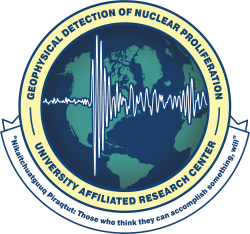The Defense Sciences Office (DSO) at the Defense Advanced Research Projects Agency (DARPA) is soliciting innovative research proposals in the area of ultralow power in-memory computing architectures for application to scientific modeling, simulation, and analysis. The NanoWatt Platforms for Sensing, Analysis, and Computation (NaPSAC) program aims to develop novel in-memory computing architectures capable of transformative advances in computing accuracy, scalability, and power efficiency.
It is anticipated that performers in this program will validate and benchmark compact, efficient in-memory computing engines capable of performance beyond the conventional state-of-the-art (SoA) von Neumann approaches in scientific modeling of complex, multi-spatiotemporal, and nonlinear problems. Examples of such problems include advanced materials discovery, chemical synthesis, radiation electrodynamics, fluid dynamics, energy or mass transport through heterogeneous media, semiconductor device design and fabrication, and earth-system models. Proposed research should investigate innovative approaches that enable revolutionary science, devices, or systems advances. Specifically excluded is research that primarily results in evolutionary improvements to the existing state of practice.
The NaPSAC program seeks to develop, validate, and benchmark device concepts that can demonstrate in-memory computing performance beyond SoA in three principal respects: increased computing accuracy, improved scalability, and enhanced parallelism. Further, performers will be expected to demonstrate the application of their computing engines to the computation, modeling, and simulation of complex, nonlinear, and multiscale physical systems of interest to the DoD. While the particular choice of application or problem may be proposer defined, it is expected that performers will benchmark the performance of these computing engines against SoA von Neumann-based computing architectures for such applications in specific regard to computing speed, accuracy, and power consumption.
Additional information regarding this BAA can be found at the following link: https://sam.gov/opp/e0fb2b2466cd470481b0ca5cab3d210d/view
Questions regarding this BAA should be emailed to NaPSAC@darpa.mil.
Thank you for your interest in the Defense Sciences Office.

